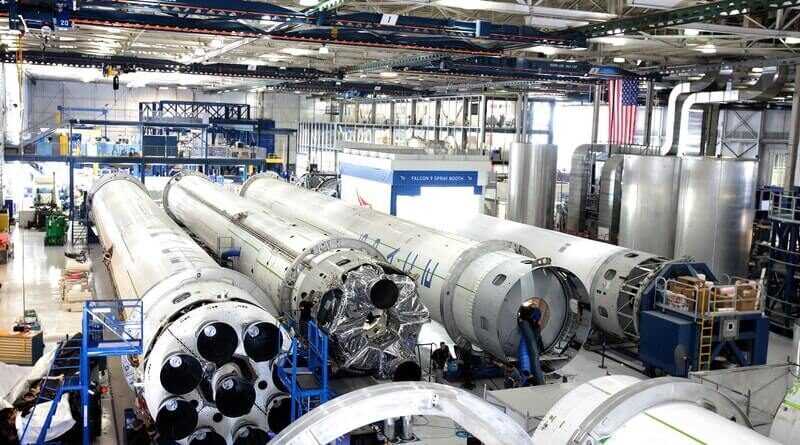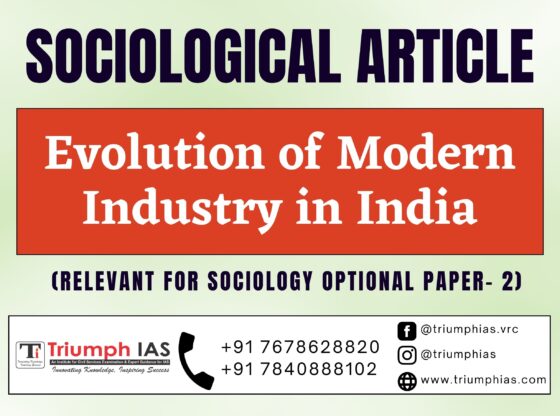Evolution of Modern History in India
Relevant for sociology optional Paper- 2 (Unit- 13 : Social Changes in India)

The evolution of modern history in India has been a complex and diverse journey that has spanned centuries. India’s rich history has been shaped by various factors, including colonialism, social movements, and technological advancements. This has resulted in a unique and diverse society that is still undergoing constant change and development.
One of the most significant events in India’s modern history was the arrival of the British. The British East India Company established trading posts in India in the early 1600s, and by the mid-18th century, they had gained control of much of the subcontinent. British colonialism had a profound impact on India, leading to the exploitation of natural resources, the introduction of new technologies, and the establishment of modern industries.
The British also introduced Western education to India, which led to the emergence of a new class of Indians who were educated in Western institutions. These individuals became the driving force behind many of the social and political movements that would shape India’s modern history.
The Indian National Congress was established in 1885 as a political party aimed at promoting Indian interests and independence from British rule. The Congress played a significant role in the Indian independence movement and was instrumental in securing India’s independence in 1947.
Another important development in India’s modern history was the social reform movements that emerged in the 19th and early 20th centuries. These movements were aimed at challenging traditional social practices such as caste discrimination, child marriage, and the treatment of women. One of the most notable figures in this movement was Mahatma Gandhi, who led the nonviolent resistance movement against British rule and advocated for social equality and justice.
The 20th century saw significant changes in India’s economy, as the country transitioned from an agrarian-based economy to a modern industrialized society. This transition was facilitated by government policies that encouraged industrialization, such as the establishment of the Industrial Policy Resolution in 1948, which aimed to promote the development of modern industries in India.
One of the most significant industries that emerged during this period was the textile industry. The industry was originally dominated by handloom weavers, but the introduction of modern machinery and technology led to the emergence of large-scale textile mills. The growth of the textile industry had a significant impact on India’s economy, providing employment opportunities and contributing to the country’s overall growth.
The evolution of modern history in India has also been shaped by technological advancements. One of the most significant technological advancements in recent years has been the growth of the IT industry. India has become a global hub for IT services, with major companies such as Infosys, Wipro, and Tata Consultancy Services leading the way.
The growth of the IT industry has had a significant impact on India’s economy, contributing to the countries overall growth and development. The industry has also played a key role in creating employment opportunities for India’s large and growing population.
India’s modern history has been shaped by a diverse range of social, political, and economic factors. The country has undergone significant changes in recent years, and continues to evolve and develop at a rapid pace. While there have been many challenges along the way, India’s rich history and diverse culture have provided the foundation for a strong and resilient society that is well-equipped to face the challenges of the future.
For more such free UPSC notes, Articles, News & Views Join our Telegram Channel. https://t.me/triumphias
Click the link below to see the details about the UPSC – Civils courses offered by Triumph IAS. https://triumphias.com/pages-all-courses.php


